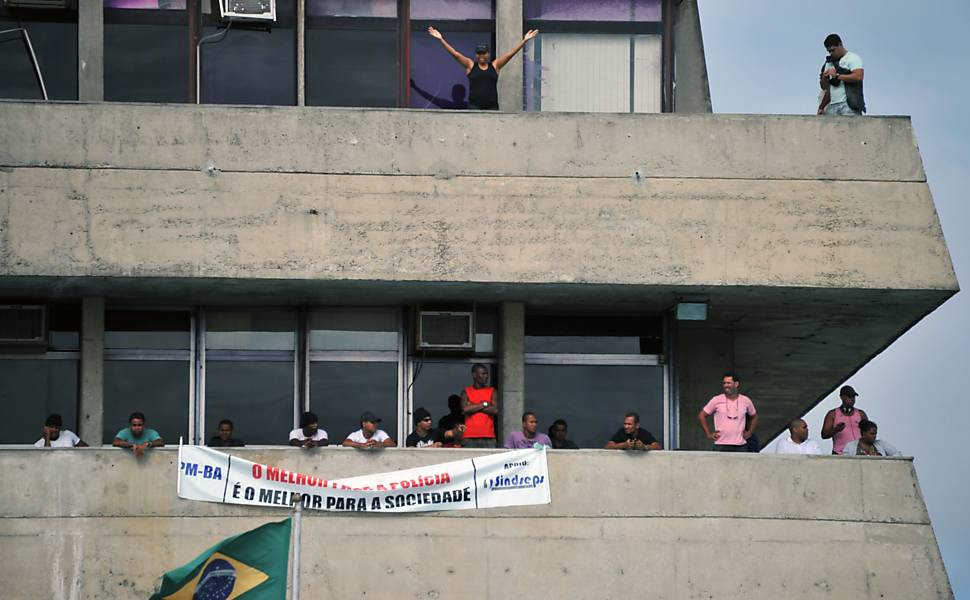
Ideally, police are the solution to the problem, not the cause. But for the last week, most attention here in Brazil has been focused on police strikes that probably led to a number of deaths and at one point seemed to threaten the country’s extremely important Carnival celebrations.
It now looks like things will more or less return to normal. The strike in Salvador which began at the beginning of the month has now ended, and the small strike in Rio may very well end today. A vote is scheduled for tonight.
But this was an unpleasant wake up call for Brazil, and a difficult reminder of the sometimes tense relationship between the police, the federal government, and civil society.
As professor David Fleischer said, “The strikes were organized to be on the eve of the Carnival to put these cities in a very difficult position.” That comes off sounding like a bit of an understatement. It is hard to overestimate the role Carnival plays in Brazilian culture, and indeed, in Brazilian business. Salvador and Rio host the country’s largest and most profitable celebrations.
So it’s quite important that the police actually be policing during the events, and that they do not let thugs run wild, unleashing a spree of murders and robberies. So it seemed the police had authorities right where they wanted them. But this strategy may have backfired. While the government of Bahia let things get out of hand, Rio made it clear very quickly the strike would not be tolerated, coming down hard on leaders.
As with most strikes, it was about money. Brazilian police are not paid very well, and the country is very expensive. One sympathizes. But the question is whether or not allowing people to die is a legitimate bargaining chip. It seemed quite reasonable when President Dilma Rousseff judged that it was not.
So what does this tell us about Brazil in 2012? It’s hard to say. Should we worry that the country won’t be prepared for host the World Cup in 2014, or the Olympics in 2016. Probably not. When things are that important, Brazil finds a solution. But perhaps more worrying is that in their day-to-day lives many Brazilians view police with suspicion, and that some police consider their situation so difficult that they thought they needed to send this message. Whatever the message is, it’s not a good one.
Links:
Reuters story with the latest news

